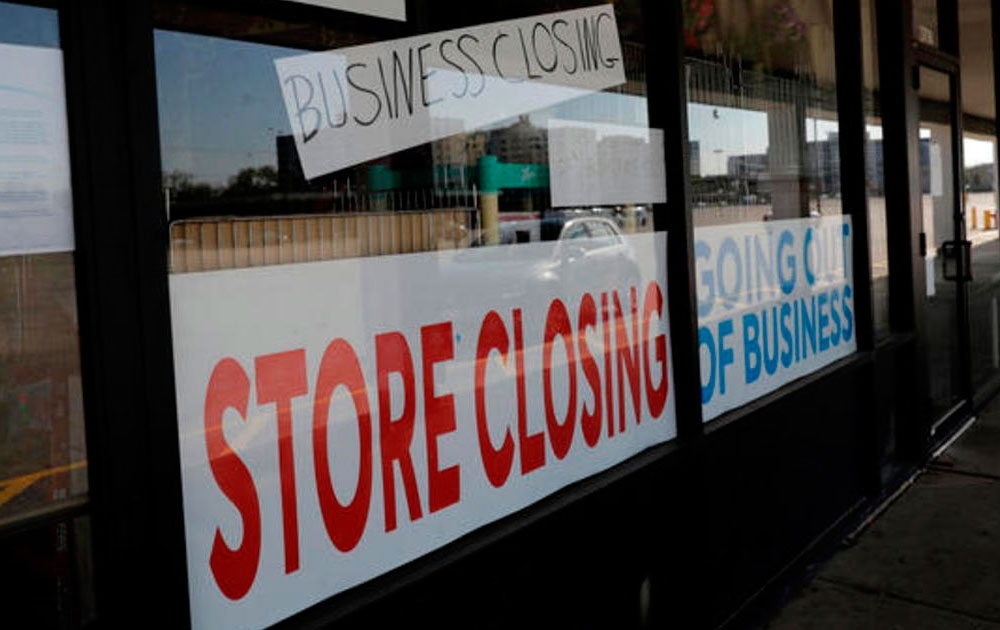

BUSINESS REPORTER
Muscat,: CFA Institute, the global association of investment professionals, surveyed its membership to analyze the effects of the current economic crisis caused by the coronavirus pandemic on the financial markets and the investment management industry.
The survey finds that 44 per cent of respondents globally are predicting a “K-shaped” recovery and are concerned about the real risk of the recovery taking different forms and degrees of momentum in various parts of the world, varying across industries and workforces.
The survey and forthcoming report, Covid-19, One Year Later – Capital Markets Entering Uncharted Waters, follows the analysis of member sentiment reported in 2020. The K-shaped recovery marks a distinct shift away from the “hockey-stick shaped” recovery predicted last year, when close to 75 per cent of respondents thought that any upturn would be slow or stagnant in the short term, before picking up in the medium term.
“Our members around the globe continue to provide unique insights into the impact of the pandemic on capital markets and the finance industry at large,” said Margaret Franklin, CFA, President and CEO of CFA Institute.
“Their views provide an invaluable bellwether of trends and future-state indicators at the global, regional and market level. In a post-pandemic world – one that is only starting to emerge – the views of CFA charterholders provide meaningful and actionable insights on current market, regulatory and economic developments, rooted in professionalism and high standards for capital markets integrity.”
Of the 6,040 global respondents, 44 per cent predicted a K-shape recovery, indicating a globally divergent recovery.
Then, 32 per cent of the respondents opine that the economy is on a steady path towards fully recovering and operating at a pre-pandemic pace within the next one to three years. China’s recovery is considered to be ahead of most markets; respondents in that country report more optimism for a full recovery in one to three years (39 per cent).
Approximately 10 per cent of respondents said a W-shaped economic recovery is forming, whereby the economy will see-saw after an initial strong rebound.
Another 5 per cent predicted the economy will worsen over the next one to three years, before progressively recovering. About the same percentage (4 per cent) believe there will not be a real recovery and that long-term economic stagnation will ensue. Last, 4 per cent were not certain of the recovery’s progress.
Elsewhere, further analysis suggests that specific regions appear to be less optimistic than others. In particular, Europe is among those that are marginally less optimistic to believe that the economy is already on a steady path to full recovery.
Switzerland is an exception in Europe, with 37 per cent of respondents indicating that the economy is steadily improving. Only 27 per cent of the remaining European respondents chose that option compared with 34 per cent in North America (36 per cent in the United States) and 36 per cent in South Asia.
In general, emerging economies appear to be less optimistic about economic recovery. Only 23 per cent, 25 per cent, and 27 per cent of respondents in Latin America and Caribbean, Middle East, and Africa, respectively, believe their economy is already on a steady path to recovery. They also believe in higher proportion that a real economic recovery will not occur and that long-term stagnation will ensue.
Oman Observer is now on the WhatsApp channel. Click here



